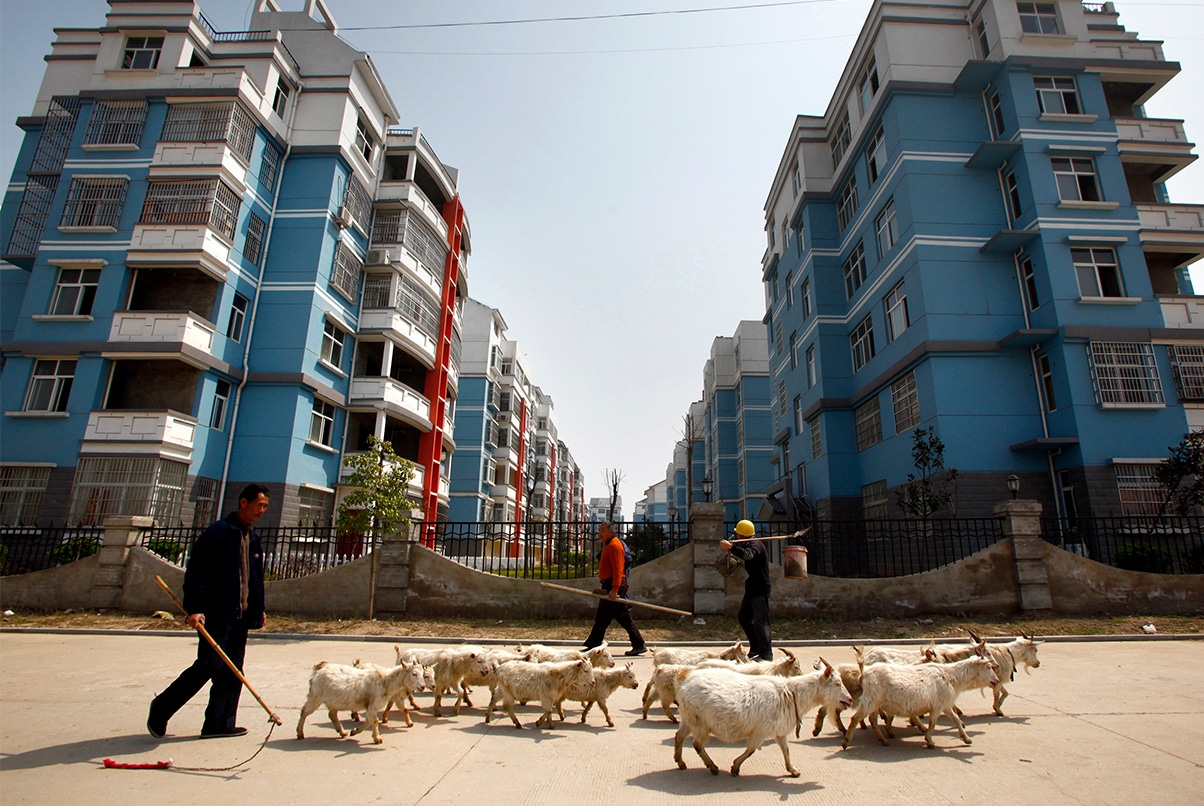- March 4, 2015
Fixing China’s Distorted Urban Land Quota System
Xiao and Zhao begin by exploring sources of inefficiency in China’s current land market. The Chinese government has attempted to undertake reforms, but, they argue, China’s one-size-fits-all national land allocation policy does not sufficiently take account of local variation. In practice, the inflexibility of land policies at the local level prohibits market mechanisms from responding to—and correcting—these inefficiencies.
The memo examines in detail two specific reform experiments:
“Quota linking” is an innovation that has allowed local governments to get around quota restrictions; if they increase the supply of arable land by reducing construction in rural areas, they are permitted in turn to increase their quota of land for development in urban areas, thus establishing a “link.”
“Quota markets” are a further evolution of this idea and have marketed the quota system by permitting officials in selected municipalities to trade their quotas outside local counties and in their entire prefecture.
Both experiments are controversial, yet Beijing has already allowed 28 provinces to move forward with one or the other of the two experiments. In that context, Xiao and Zhao offer a series of policy recommendations aimed at putting safeguards into place to minimize the adverse effects and side-effects of quota markets.
Stay Updated with MacroPolo
Get on our mailing list to keep up with our analysis and new products.
Subscribe

